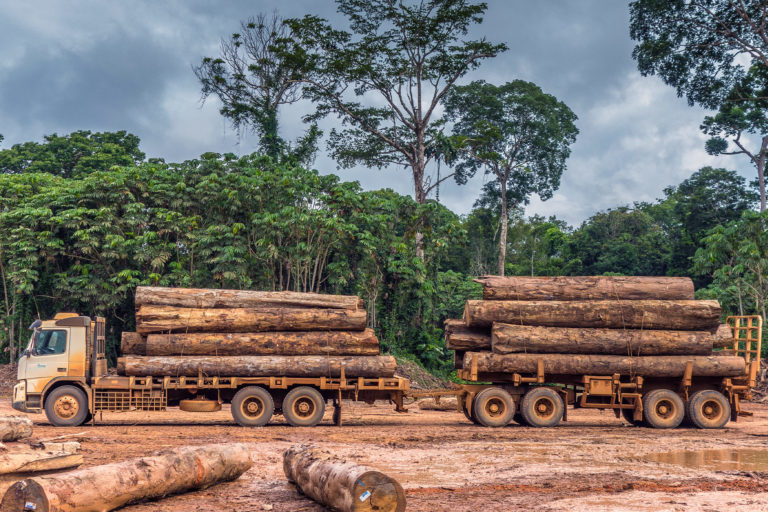In Brazil’s Yanomami Indigenous Territory and across other parts of the Amazon Basin, illegal gold mining has metastasized into a transnational criminal enterprise. What starts with illegal deforestation and mercury poisoning ends with laundered gold flowing into global supply chains. The trade finances organized crime, corrupt officials, and crosses borders via shell companies into Suriname, Guyana and Venezuela, before being sold on to refiners, jewelers and tech manufacturers around the world.
Over the past few years Brazilian authorities have uncovered a vast network of fraudulent permits and financial front men linking Amazonian gold to buyers in Europe and the Middle East. And since 2023, coordinated action involving more than 4,000 security operations has reduced illegal mining in Yanomami land by more than 90%. Yet local officials concede that the criminal networks driving the trade remain firmly entrenched, adapt quickly, and expand their reach faster than enforcement can keep up. Efforts to forge a new global protocol to tackle these kinds of complex environmental crimes have gathered momentum over the past decade, especially since the 2015 Doha Declaration.
In October 2024, the U.N. launched an intergovernmental process to explore new protocols under the U.N. Convention against Transnational Organized Crime (UNTOC) targeting environmental crime. Shark fins and a dead hammerhead shark, products of illegal wildlife trafficking. Image courtesy of Earth League International. Championed by Brazil, France and Peru, opportunities are emerging to unify fragmented global efforts and spur stronger state action. These developments reflect mounting international recognition that offenses such as illegal logging, illicit mining, wildlife trafficking, unregulated fishing, and the dumping of hazardous waste are not merely conservation concerns. They…This article was originally published on Mongabay


